https://files.peakd.com/file/peakd-hive/titofit/MffN3r7X-IMG_20200708_162241.jpg
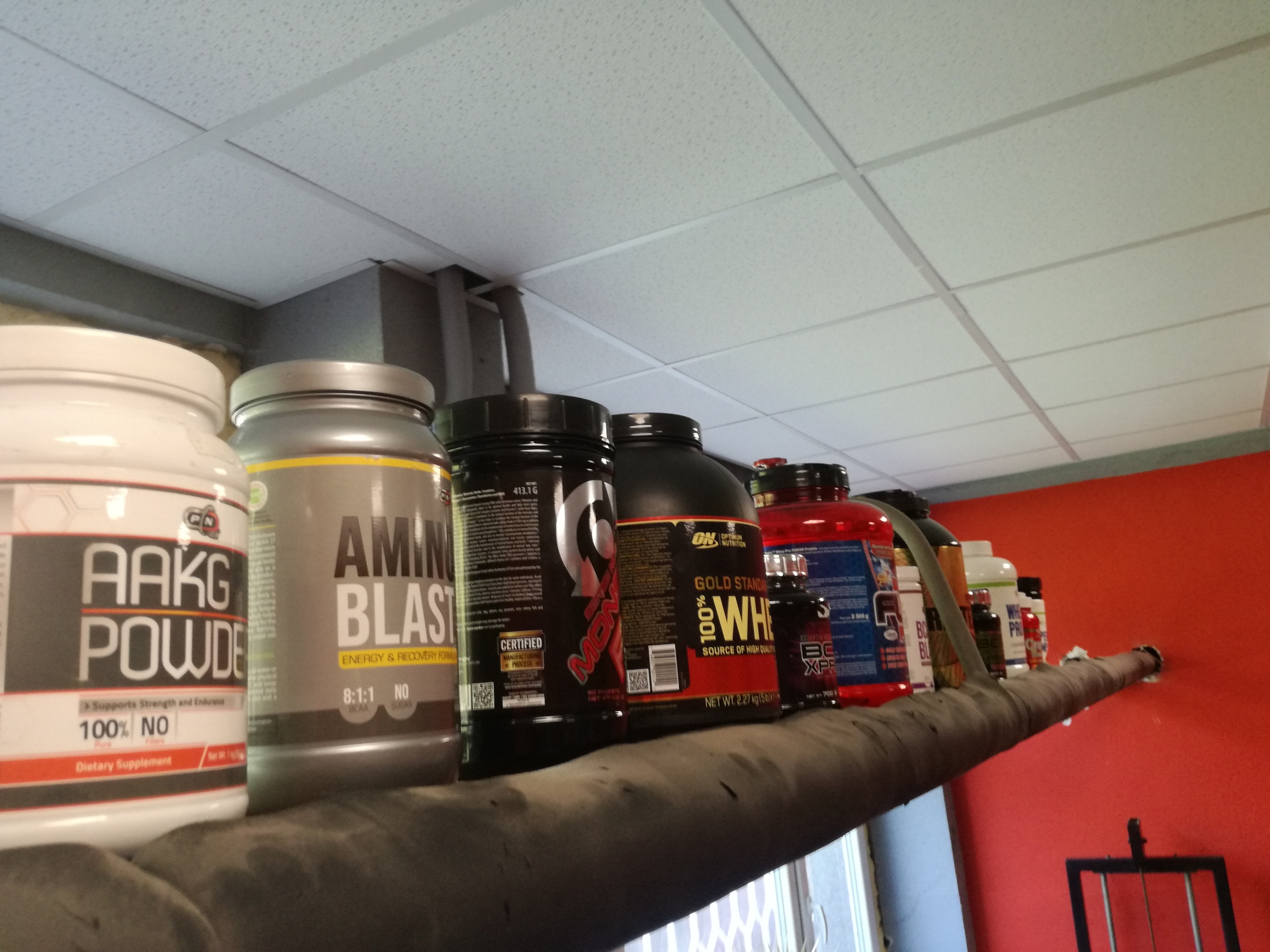
The use of sports supplements has increased dramatically over the past couple of decades. But with so many products on the market and so many active ingredients, how do you figure out which will best suit your individual needs? It seems like every month there is a new wonder nutrient or food flung before us on social media, with quite spectacular health claims. Fortunately, you don't need to be a nutrition expert to understand the basics. And having the basics under your belt can go a long way to helping you understand what your needs are. Protein
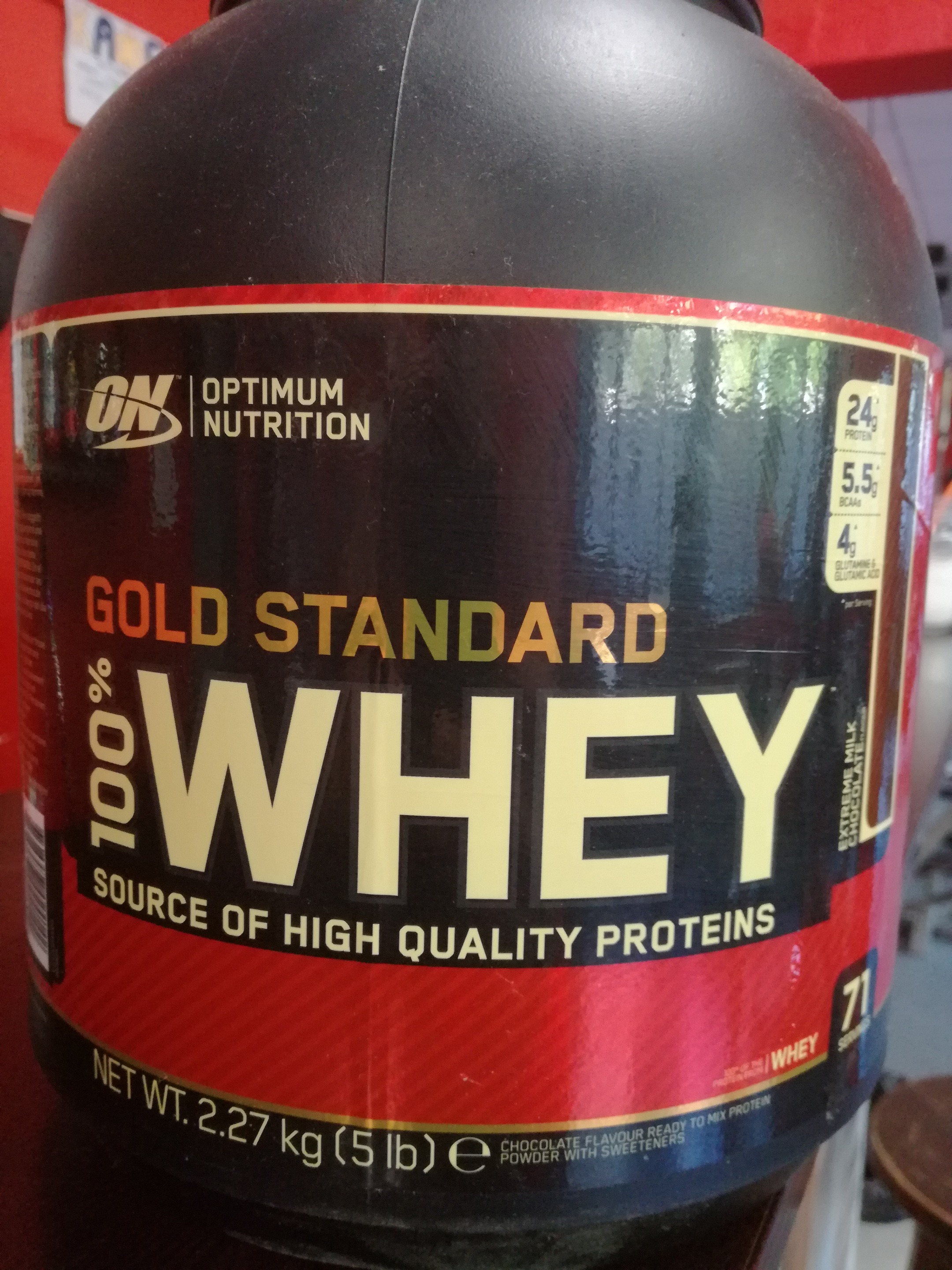
Protein is a macronutrient—a food type that your body needs in significant amounts to stay alive, and also for optimal health. Protein is crucial for many major processes, such as: A strong, efficient immune system Developing and maintaining lean muscle mass Healing tissues and cells after damage Creating hormones and Neurotransmitters Keeping Organs Healthy Providing a source of energy, especially when carbohydrate levels are on the low side. Foods that are high in protein include fish, chicken, beef, pork, cheese, tofu or tempeh, eggs, soybeans, milk and dairy products, nuts and seeds. According to dietitian Caroline Salisbury (2008), to boost muscle mass, men should take about 1.5-1.7g of protein per kilogram of body weight every day, while women usually need between 1.3g and 1.5g. This must be combined with adequate energy sources, such as low glycemic index carbohydrates and beneficial fats. Providing ample quality protein food on a regular basis ensures that muscles breakdown to supply our essential amino acids needs is minimal. So it's a good idea to consume a blend of protein and carbohydrates after exercise, and before working out too if your goals is to gain mass, or if you plan on exercise for more than 2 hours. When it comes to protein powder supplements, there are many different types, including: whey protein, egg protein, casein and the plant-based proteins, pea, rice and soy. Associate Professor Peter Horvath of the Department of Exercise and Nutrition Sciences at the State University of New York argues that whey is the most popular for two reasons (cited in Shaw 2011). Firstly, it's water soluble (so it makes a great shake!). Secondly, it contains an abundance of the 9 essential amino acids that we must obtain from our diet or supplements. Creatine
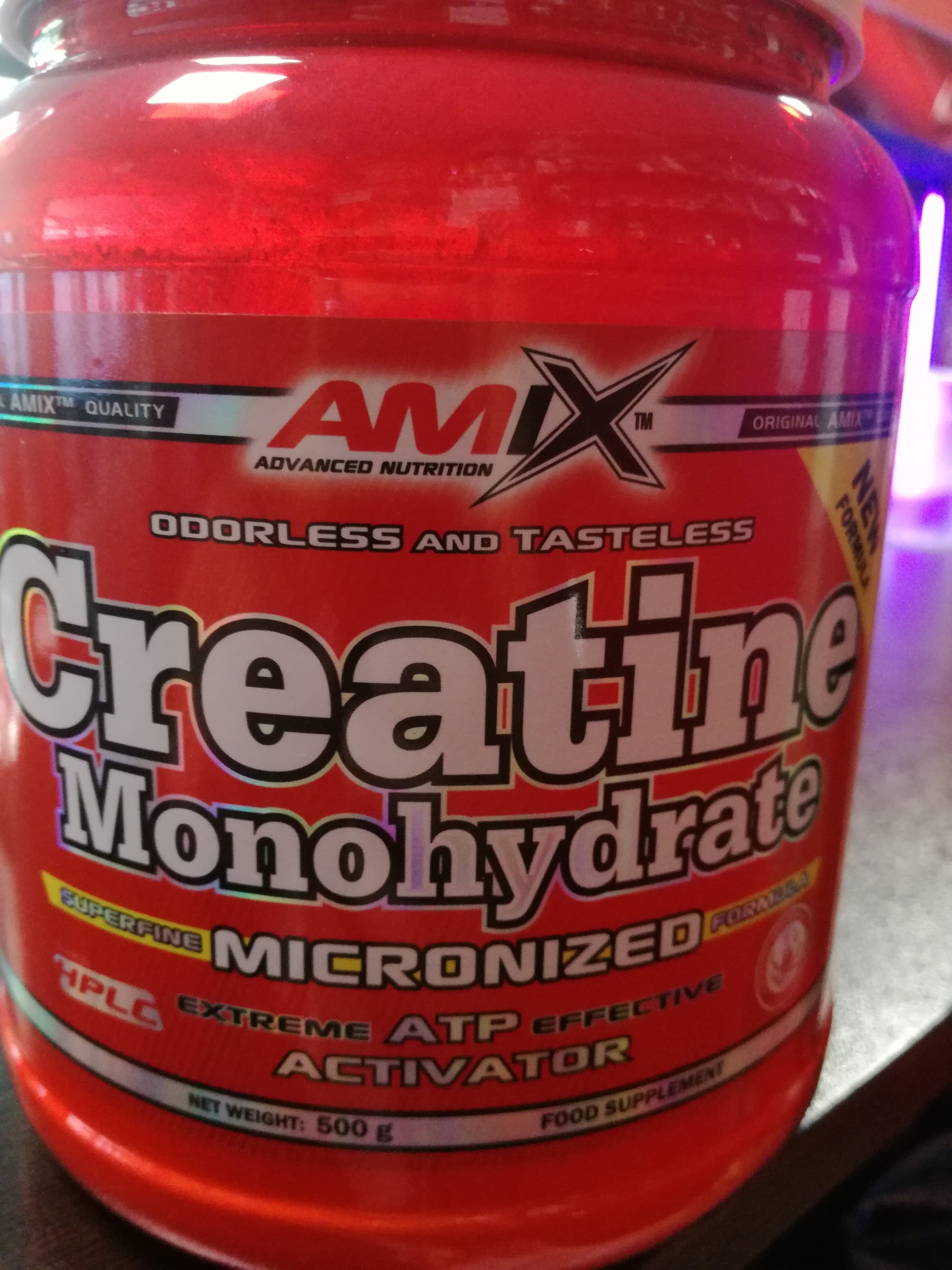
Every human body contains creatine. It's made up of three amino acids—methionine, glycine and arginine—and is found within the muscle as free creatine and also phosphocreatine. Its main job is to give our muscles the ability to regenerate the ATP (energy) we need when performing explosive or high-intensity exercise, such as powerlifting or sprinting. When creatine phosphate encounters ADP (adenosine-diphosphate), it donates its phosphate molecule, meaning that ATP can reform again, which is what we need for energy. At first, explosive actions are fuelled by the regenerative properties of phosphocreatine. However, this form of energy regeneration can only last around ten seconds, and once our phosphocreatine stores decline, our reliance upon other fuel sources begins, such as fats and carbohydrates. It follows then, that a creatine supplements can play a role in helping the muscles to improve their performance (DiMaggio 2004). According to the Australian Institute of Sport Creatine Fact Sheet (2011), 'Creatine supplementation has been shown to enhance the performance of exercise involving repeated sprints or bouts of high intensity exercise, separated by short recovery intervals.' Amino Acids
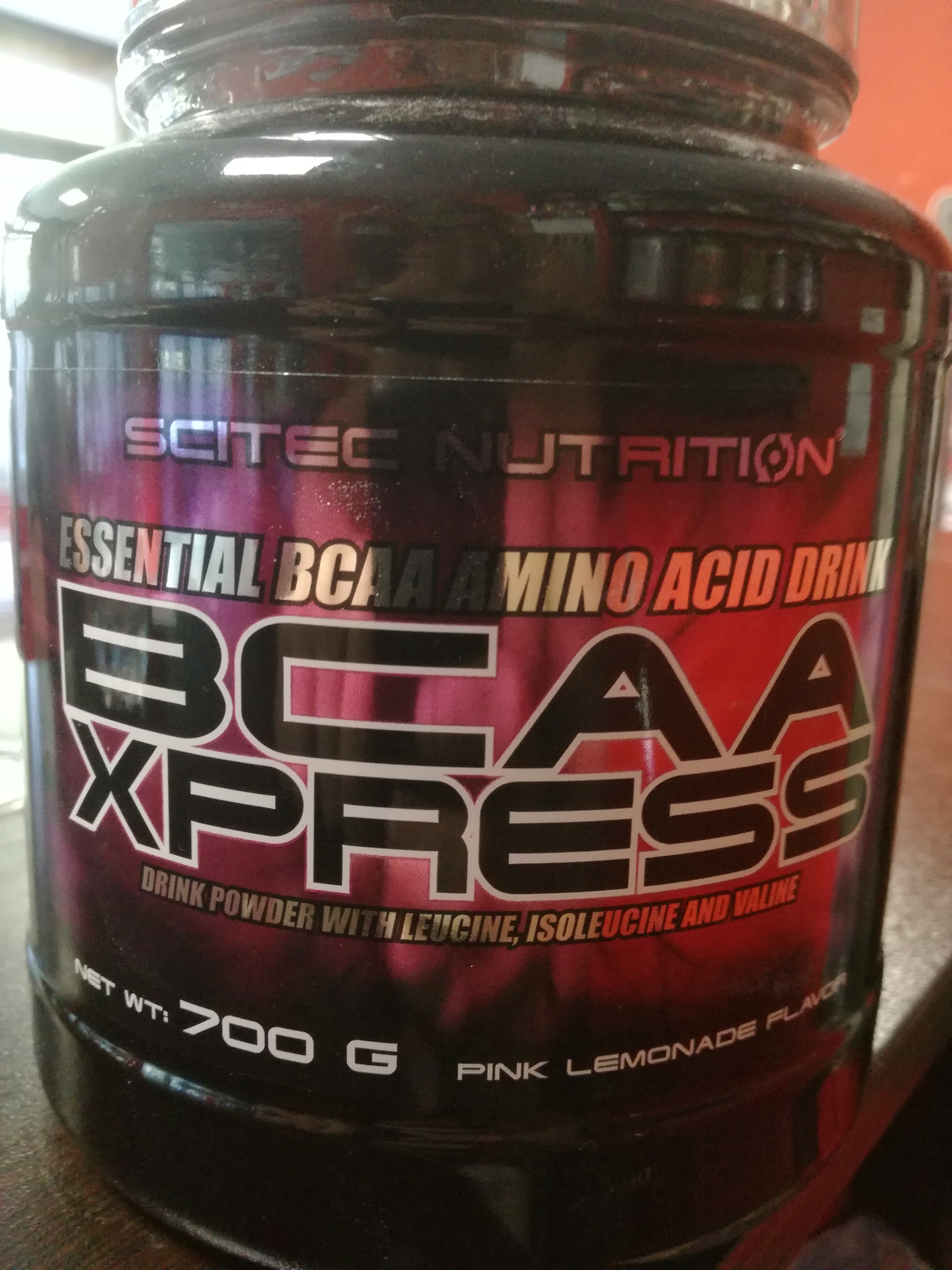
Amino acids are best thought of as the building blocks that make up protein. In other words, your body needs them to grow, increase strength and undergo the repairing and rebuilding processes. They're essential for the development and maintenance of lean muscle mass. Many sports nutrition products deliver one of 3 specific types of amino acids—BCAAs (short for Branched Chain Amino Acids), Essential Amino acids (EAAs) and Glutamine. The first are particularly important to preventing catabolism, which happens when muscle breaks down, either due to post-workout fatigue, or weight loss. BCAAs counter this, not only by stimulating the process of protein synthesis, but also by boosting the cell's capacity for it (Norton 2012). The second, essential amino acids, deliver the BCAAs, as well as 6 other amino acids, such as tryptophan and methionine. The EAAs are perhaps even more important than just taking the 3 BCAAs, as EAAs have every single building block we need to lay down new tissue, such as muscle, in the human body.
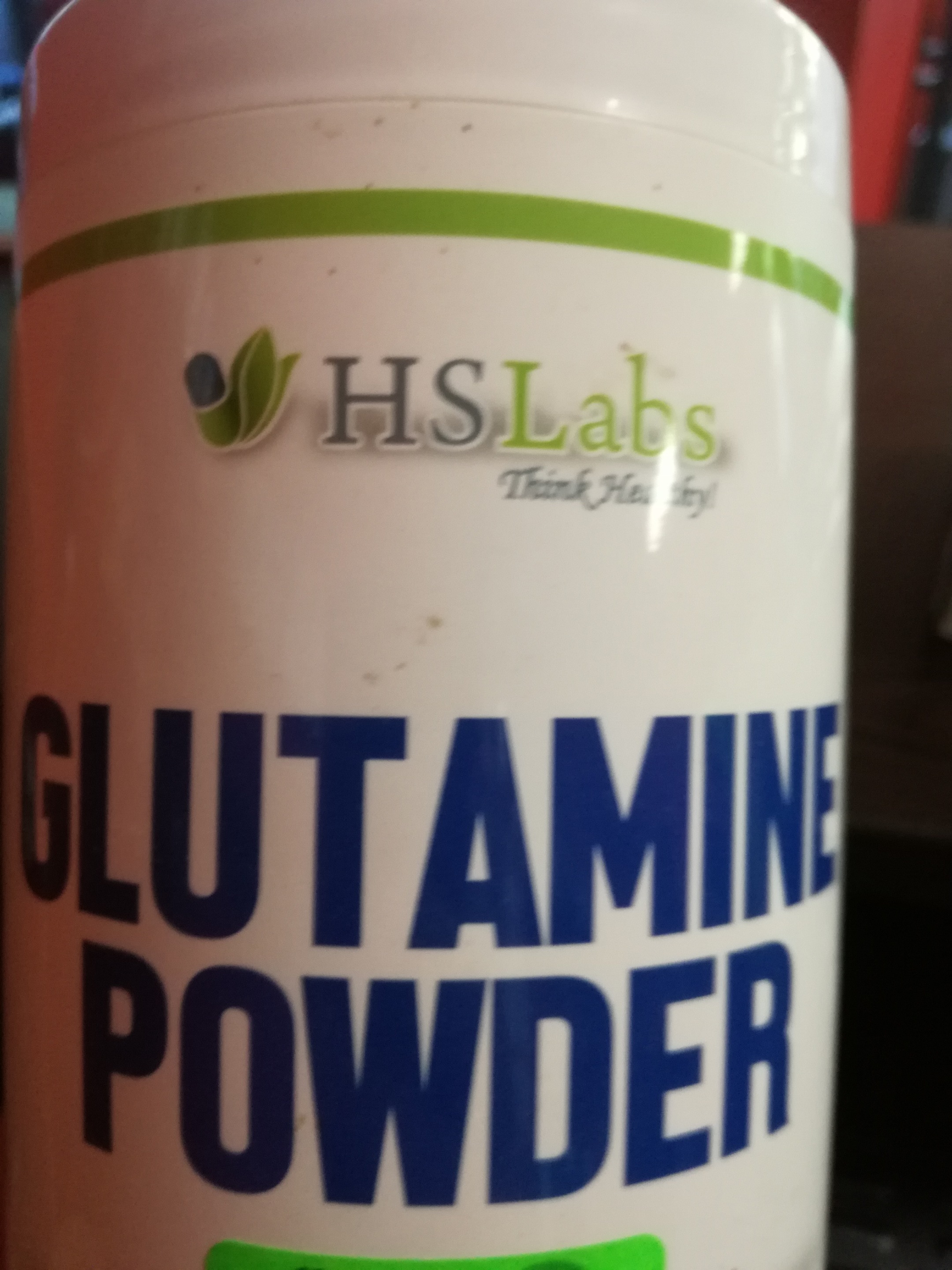
Thirdly, Glutamine is the most common of all the amino acids in the muscles. In fact, it comprises more than 61% of skeletal muscle (Galanis 2003). It's also made up of 19% nitrogen, so it's fundamentally responsible for the cells getting the nitrogen they need. When an athlete undergoes an intense workout, glutamine levels tend to drop, and can take nearly a week to recover. So supplementation can assist in preventing muscle breakdown and boosting protein metabolism. The Verdict For optimum physical performance, it's crucial that the body has access to protein, creatine and amino acids in adequate amounts. Not only do these three ingredients enable more effective workouts, increased muscle mass, a boost in endurance and greater strength and stamina, they also help with overall well-being and general health. Of course, a nutritious, balanced diet and a regular, well-planned exercise routine are also an important part of the picture. Credits:https://www.sportyshealth.com.au/blog/protein-powder-articles/protein-creatine-amino-acids-what-do-they-all-do/ I took that information from www.sportyshealth.com The pictures is from my fitness center

Originally posted here: https://hive.blog/sport/@titofit/do-you-take-some-supplements-basic-informatin-about-some-of-the-most-popular-sport-supplements










No comments:
Post a Comment